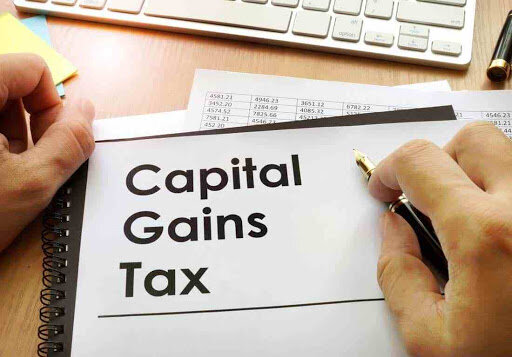Capital gains tax still under debate

The recent shift of liquidity from production to the unproductive markets in Iran has caused high inflation and damage to some industries in the country.
As many experts believe, the imposition of capital gains tax (CGT) is the only way to exit the liquidity from the unproductive markets and lead it to production.
As defined by the Investopedia, capital gains tax is a levy assessed on the positive difference between the sale price of the asset and its original purchase price. Long-term capital gains tax is a levy on the profits from the sale of assets held for more than a year. Short-term capital gains tax applies to assets held for a year or less, and is taxed as ordinary income.
While CGT prevents the wealth to be owned just by a few people, it leads the liquidity toward production, and help re-distribution of wealth and income in the society.
It was in the middle of the Iranian calendar year 1391 (March 2012-March 2013) that economic officials apparently thought of passing a capital gains tax law.
Finally, this plan was sent to the cabinet by the Ministry of Finance and Economic Affairs in February 2019, after a seven-year delay, and reached the parliament after 10 months.
Leaving aside the daily promises of the Economic Committee of the parliament and the Ministry of Finance and Economic Affairs regarding the approval and implementation of this plan, we come to the last promise of Mehdi Toghyani, the spokesman of the Economic Committee of the parliament, who said on October 24 that the plan would be decided by the MPs in the open session of the parliament in two weeks.
The plan has not been approved yet and a group of MPs has opposed the passage of the law.
In late June, Mohammadreza Pour-Ebrahimi, the chairman of the Economic Committee of the parliament, had said, “The parliament does not intend to impose a tax on stocks and bank deposits; our priority in capital gains tax is on the income of the real estate, and the issue of cars is not on our agenda at the moment."
According to the MP, if this plan is finalized, the housing brokerage market will disappear and as a result, housing prices will decrease.
CGT a right step to control housing market
On November 15, Transport and Urban Development Minister Mohammad Eslami said that the capital gains tax plan is being investigated by the cabinet and the necessary measures are being taken to send it to the parliament.
"Unfortunately, our economic system is such that the prices of goods and services move upwards at the same time as the exchange rate rises, creating a kind of bubble for us in this situation," he said, adding, "But when the price of the dollar returns, the prices of goods and services do not decease easily, and this is one of the scourges of the market that needs to be addressed.”
Stating that the necessary measures should be taken to control the housing sector, the minister said: "The financial resources that are injected to buy houses are important to be provided just for the real buyers, who consider the house as consumer good only."
Financial resources and facilities should be provided only for the consumers and not for those who intend to invest to raise the value of their money, Eslami reiterated.
Private sector says all aspects should be considered
On November 18, the heads of Iran's chambers of commerce, cooperatives and guilds sent a letter to the Parliament Speaker Mohammad Bagher Ghalibaf, stressing that given the current fragility of the economy, imposing a capital gains tax without considering all aspects would create many problems for the enterprises and the public.
The letter states: "Capital gains tax is a type of taxes in most countries that is imposed with the aim of preventing from investment making in the unproductive sectors; it is not aimed at generating revenue for the government, while it is a tool to move the flow of capital from unproductive sectors to the productive ones. But now that the country's economy is suffering from all kinds of fragility, and also given the current state of the society, the implementation of this tax base without considering all aspects will create many problems for the general public and enterprises.”
According to the heads of the three chambers, the haste in approving the current plan is more in the direction of revenue generation for the government, which can distract the country from achieving goals such as stabilization and regulation in the economy.
The letter also stressed: "Increasing unproductive costs through the implementation of capital gains tax plan in the country alone will not be fruitful, and it is necessary that the business and investment environment will be improved at the same time in the country, and removing the existing barriers to productive activities should be on the agenda. Otherwise, the implementation of this tax base could lead to capital outflows, increased informal activities and non-transparent markets."
Leave a Comment